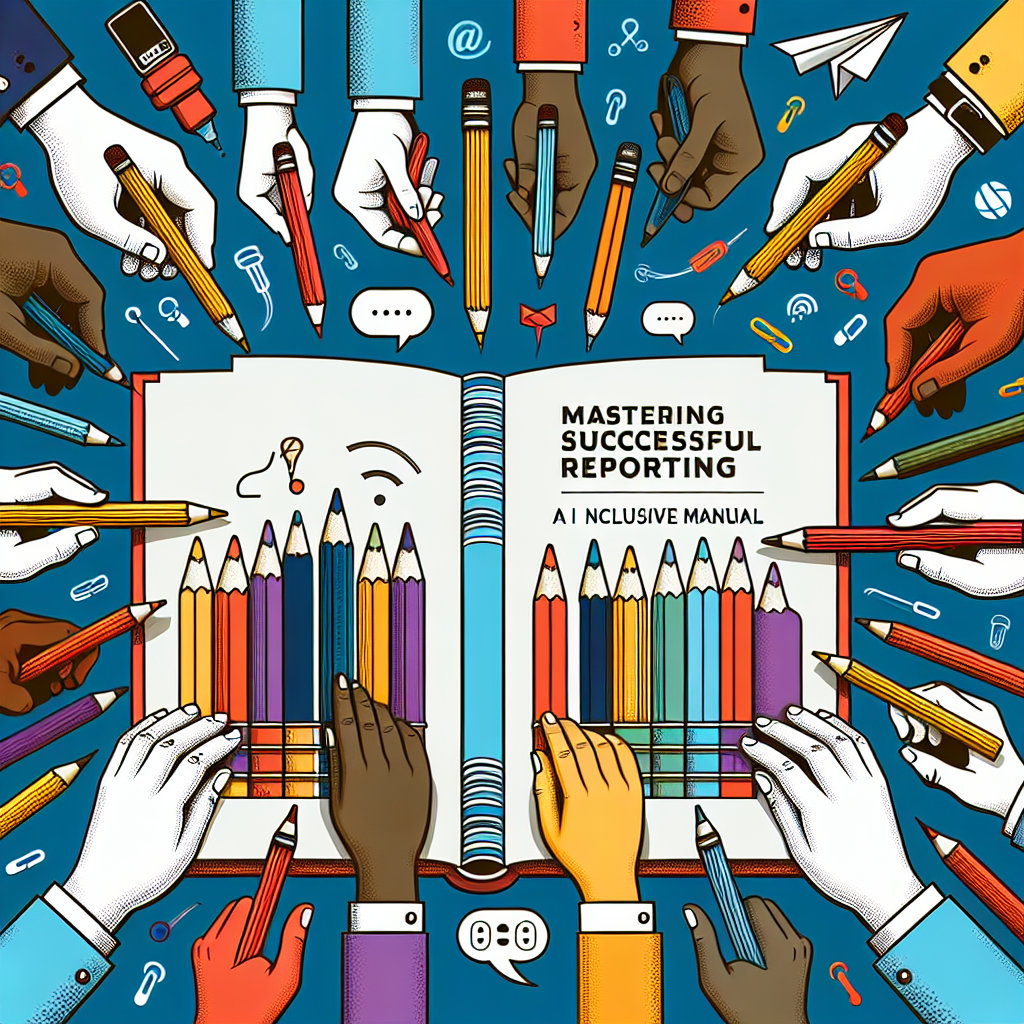Effective reporting is an essential aspect of both business and academic work. It presents facts and analysis for better decision-making, planning, and strategy formation. Achieving effectiveness in reporting requires an understanding of certain dynamics and principles. This guide delves into the art of effective reporting.
Understanding Reporting
Reporting is a systematic process that communicates information. It is a way of sharing facts or data in a concise and clear manner. Reports can cover a wide variety of topics, from quarterly sales and customer feedback to academic research and prediction trends.
The Importance of Effective Reporting
Effective reporting plays a critical role in a wide range of fields, promoting transparency, accountability, and informed decision-making. It enables organisations to assess their performance, identify problem areas, and develop plans for improvement. In academic circles, effective reporting helps researchers present their findings and methodologies in a way that others can understand, reproduce, and build upon.
Key Elements of Effective Reporting
The art of effective reporting lies in several key elements that contribute to the effectiveness of report deliverables. These include:
Data Accuracy
A report’s credibility hinges on the accuracy of its data. Ensuring that your report features correct and up-to-date resources is an essential part of effective reporting.
Clarity & Simplicity
Your report should be easy to read and understand, even for those unfamiliar with the subject. It is important to present your findings clearly and simply, avoiding unnecessary jargon.
Relevance
Every data point and piece of information in your report should serve a purpose. Unnecessary information may confuse the reader or obscure the report’s message.
Timeliness
The timely delivery of reports is crucial for decision-making. Late reports can lead to missed opportunities and misinformed decisions.
Visual Appeal
Visual elements like graphs, charts, and tables can make data easier to digest. They also contribute to the overall aesthetic appeal of the report, which can make it more engaging to the reader.
Conclusion
Effective reporting is an art that requires a blend of accuracy, clarity, relevance, timeliness, and visual appeal. Understanding these elements can significantly improve the quality and impact of your reports, whether in a business or academic context. As you gain mastery in effective reporting, you empower yourself or your organization to make informed decisions and strategies for future growth.
Frequently Asked Questions
1. What is effective reporting?
Effective reporting is the process of presenting information in a clear, accurate and timely manner. It helps stakeholders make informed decisions.
2. How can I improve my reporting skills?
Improving reporting skills involves understanding the key elements of effective reporting, practicing clarity and simplicity, ensuring data accuracy, and delivering reports on time.
3. What should I avoid in report writing?
You should avoid delivering late reports, including irrelevant information, and using complex jargon that might confuse the reader.
4. Why is visual appeal important in reporting?
Visual elements like graphs, charts, and tables make complex data easier to understand. They also make the report more engaging and aesthetically pleasing.
5. What’s the main purpose of reporting?
The main purpose of reporting is to communicate information for better decision-making, planning, and strategy formation.

